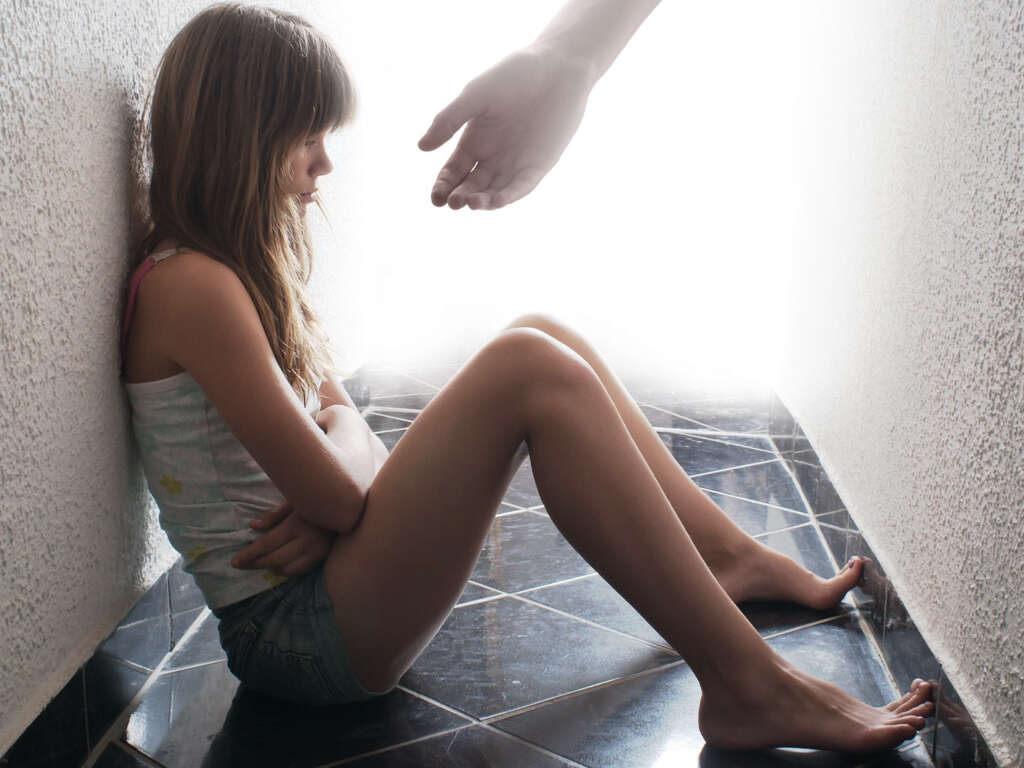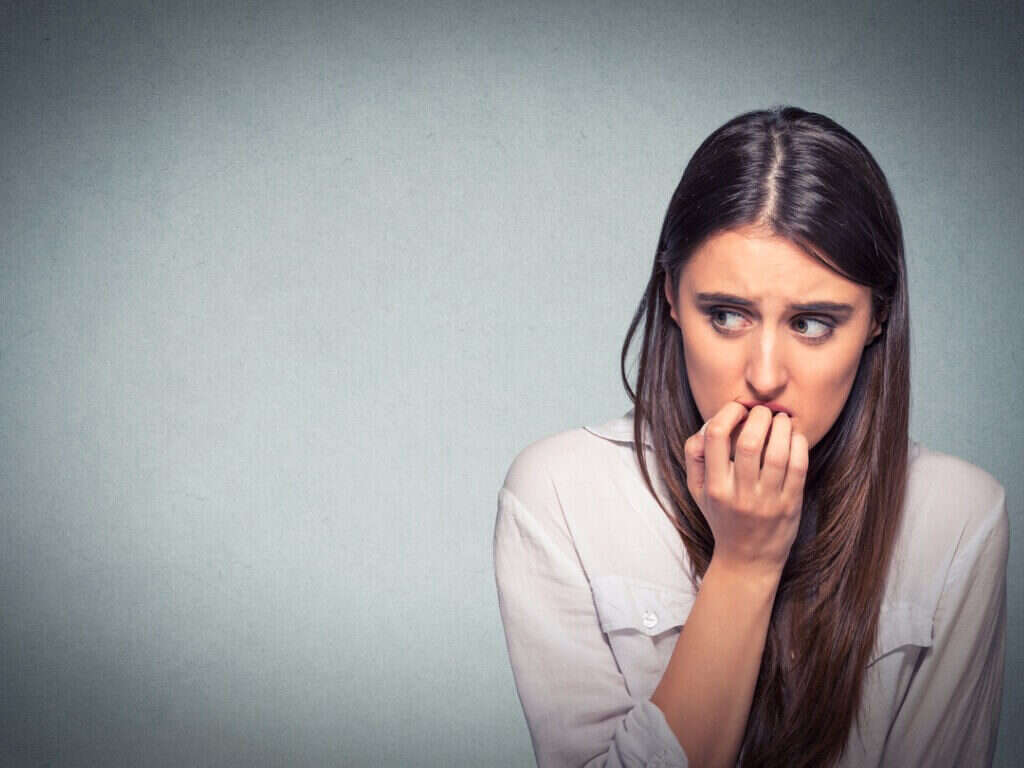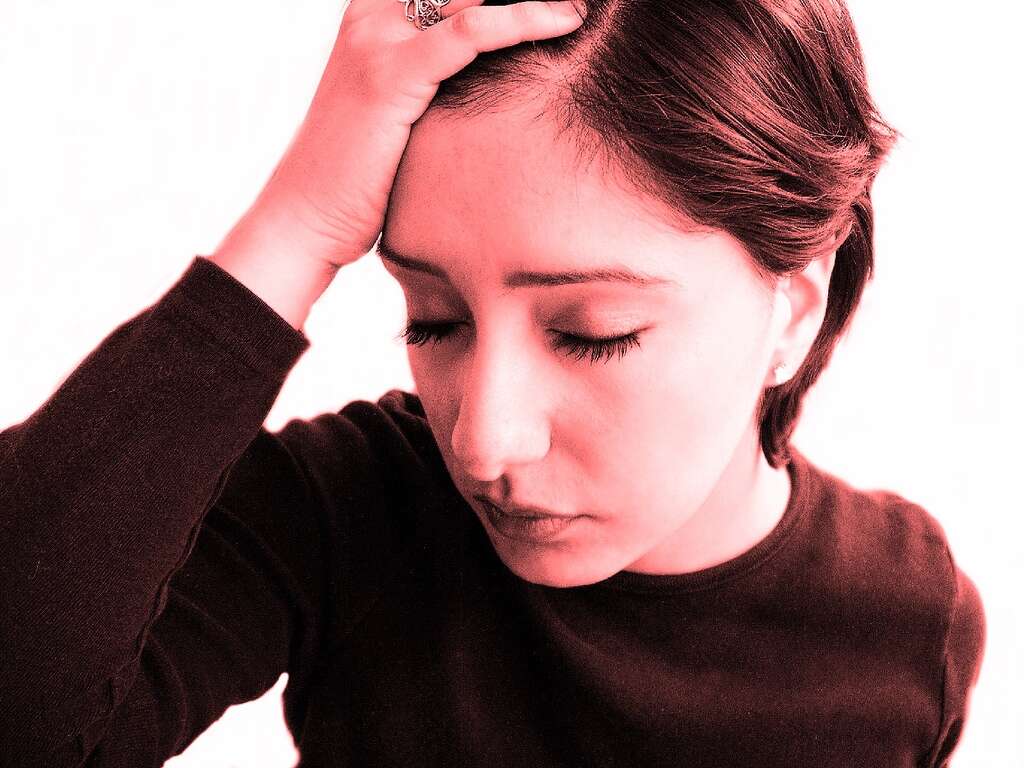What Is Social Anxiety?
Human beings are a social species, and we generally need to be around other people at least some of the time. If we don’t get the social interaction that we need then it can have a profound effect on our physical and mental well-being. As important as it is for us, however, being around other people is very difficult for some people to do.
Social anxiety disorder is a condition that causes the patient to find it extremely difficult to be around other people. It is not well understood but the condition can often be treated to help improve the patient’s quality of life.

1. Social Anxiety
Social anxiety disorder, which is also known as social phobia, is a condition that causes the patient to feel anxious when they are in social situations. While this is quite normal, social anxiety disorder causes patients to feel very anxious even in day to day scenarios.
The condition can have a considerable negative impact on the patient’s quality of life. It can have a negative impact on their social life and on their professional life as they struggle to cope when being around other people. It is a chronic condition, meaning it stays with the patient in the long term, but treatment is available.

2. Causes
It is not known exactly what the cause of social anxiety disorder is. However, we do know that there are correlations with the condition and other certain factors. One of these is that the condition tends to run in families. However, it is not clear if this is a learned behavior, or if it is down to genetic reasons.
The environment that the potential grew up in is another potential factor. Some patients will have had overbearing parents that make the patient nervous, or limit their ability to learn social skills. The patient’s brain structure may also be a cause in some cases, and an overactive amygdala can sometimes be behind the disorder.
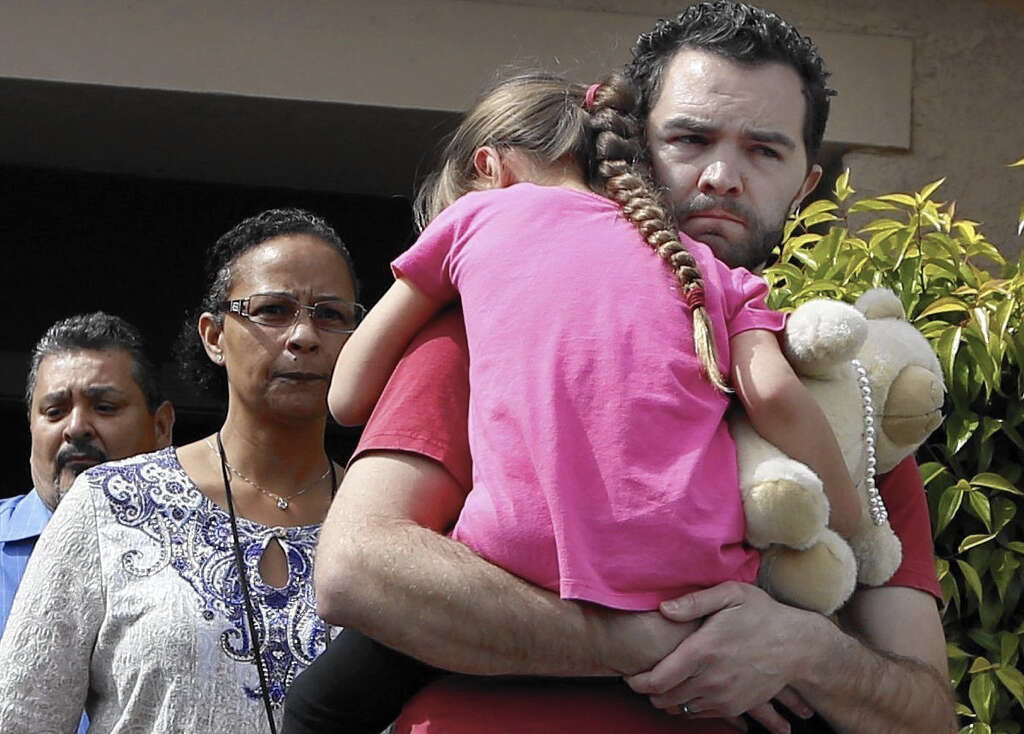
3. Physical Symptoms
Social anxiety disorder will sometimes cause the patient to experience physical symptoms when they are in social situations. These symptoms can include blushing, trembling, and sweating even when they are not hot. The patient may also find that their heart beats faster than usual, and they may also develop an upset stomach.
The patient will also sometimes find that their muscles tense up, and they can also have difficulty catching their breath. Light-headedness or dizziness are other potential symptoms the patient might feel. Some people with social anxiety disorder can also find that their mind becomes blank when they are in social situations.

4. Emotional Symptoms
Social anxiety disorder can also cause the patient to become very fearful of talking with other people. They can experience crippling concerns about humiliating themselves and be terrified of being in a situation where other people might judge them. They can also be concerned that other people will notice their anxiety.
The patient can also experience these symptoms in advance of upcoming events, and may try to avoid speaking out of fear of saying the wrong thing. The patient will also often spend a lot of time analyzing themselves after social occasions, looking for flaws and errors in every action they made.
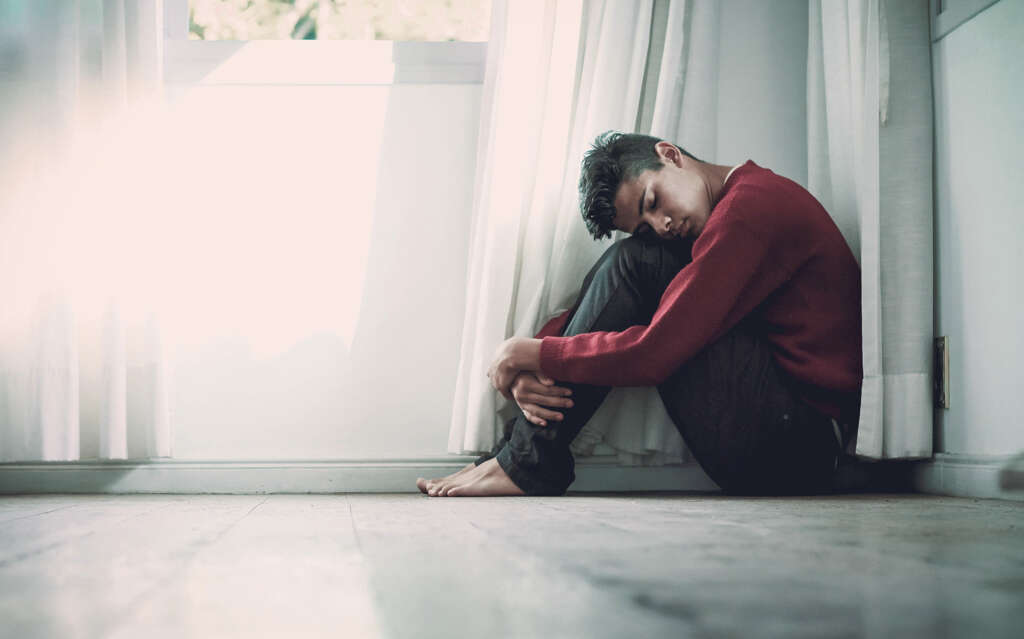
5. Avoidance
The fear of embarrassment or humiliation can cause the patient to avoid being in social situations. They can avoid joining in with conversation with other people, and they may also avoid making eye contact with other people. Going on a date can be a particularly harrowing time for the patient.
The patient might try and avoid entering a room where other people are gathered, and they are unlikely to want to attend any parties. The patient may even try and avoid eating in front of other people out of fear of being judged. It can even get to a point where the patient avoids going to school, and even to their job.

6. Complications
The symptoms of social anxiety disorder can make life uneasy for the patient, while it can also lead to further complications. They can begin to withdraw from society altogether, and any relationships they do have may suffer as a result. Withdrawal from school and work can mean that their academic and professional performance will suffer.
Patients with social anxiety disorder may also turn to drinking heavily, and they may also turn to recreational drugs. While these might provide short term relief for the patient, they are only likely to make things a lot worse in the long term. In more severe cases, the patient may even try to take their own life.

7. Who’s At Risk
Some people are more likely to have social anxiety disorder than others are. These include people who have a timid personality, and people who have a history of the condition in their family. People who have had harrowing social experience in the past are also in a higher risk group.
Other people in a higher risk group include those who have noticeable flaws in their physical appears, such as acne. People with noticeable speech impediments are also more at risk. People facing important occasions where they are going to be put on the spot might find the experience triggers social anxiety disorder.

8. Prevention
Not being able to predict who will develop the disorder also means it is all but impossible to prevent. However, it is possible for us to help prevent things from getting worse for people who have developed the condition. Treatment is easier and more effective when treatment is found quickly.
One way to help prevent the condition from worsening is to try and avoid alcohol and drugs. Try to live at least a reasonably healthy life and also try and make sure you eat well and get some exercise. Also try and make some for the things you enjoy doing. Most important of all, however, is to speak to a professional about your symptoms.

9. Diagnosis
Your doctor will need to ask you about your symptoms, and about your medical history. They may also need to ask about your family’s medical history, and perform a brief physical exam. If social anxiety disorder or another mental health condition is suspected, the patient will need to be referred to a psychologist.
The psychologist will ask the patient to complete a questionnaire regarding their symptoms. They will also need to speak with them about their symptoms and the impact they have on the patient’s life. If the patient’s symptoms meet certain criteria then they will be diagnosed with social anxiety disorder.

10. Treatment
Treating social anxiety disorder depends largely on the severity of the condition. Where medication is concerned, selective serotonin reuptake inhibitors are often used. Other medication will be used in some instances, and the patient may also need to be treated for other conditions like depression if it is present.
Psychotherapy will also be used in some cases. This will often involve cognitive behavioral therapy, and the purpose of this is to help the patient understand their symptoms better, and teach them the tools they need to manage their condition. Exposure-based cognitive behavioral therapy means gradually exposing the patient to social scenarios to help give them confidence in such environments.




